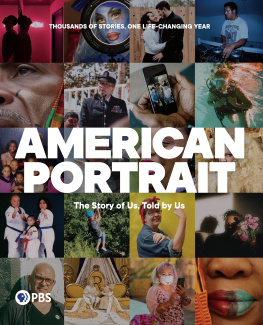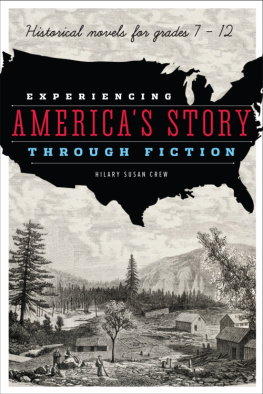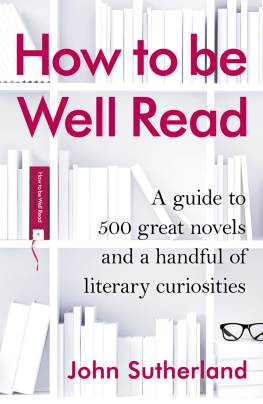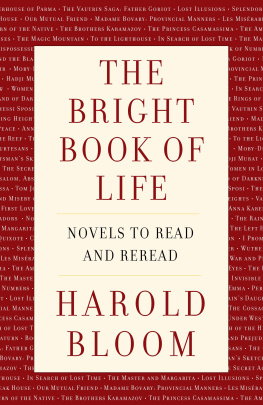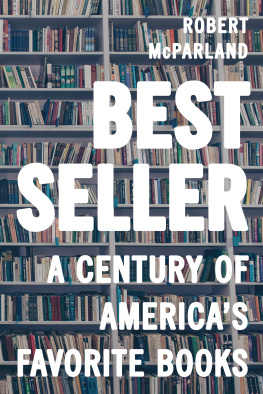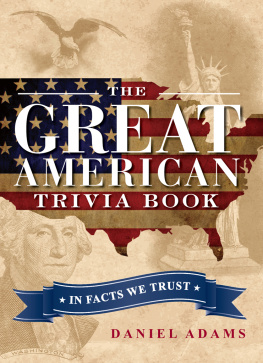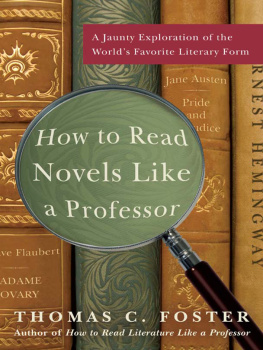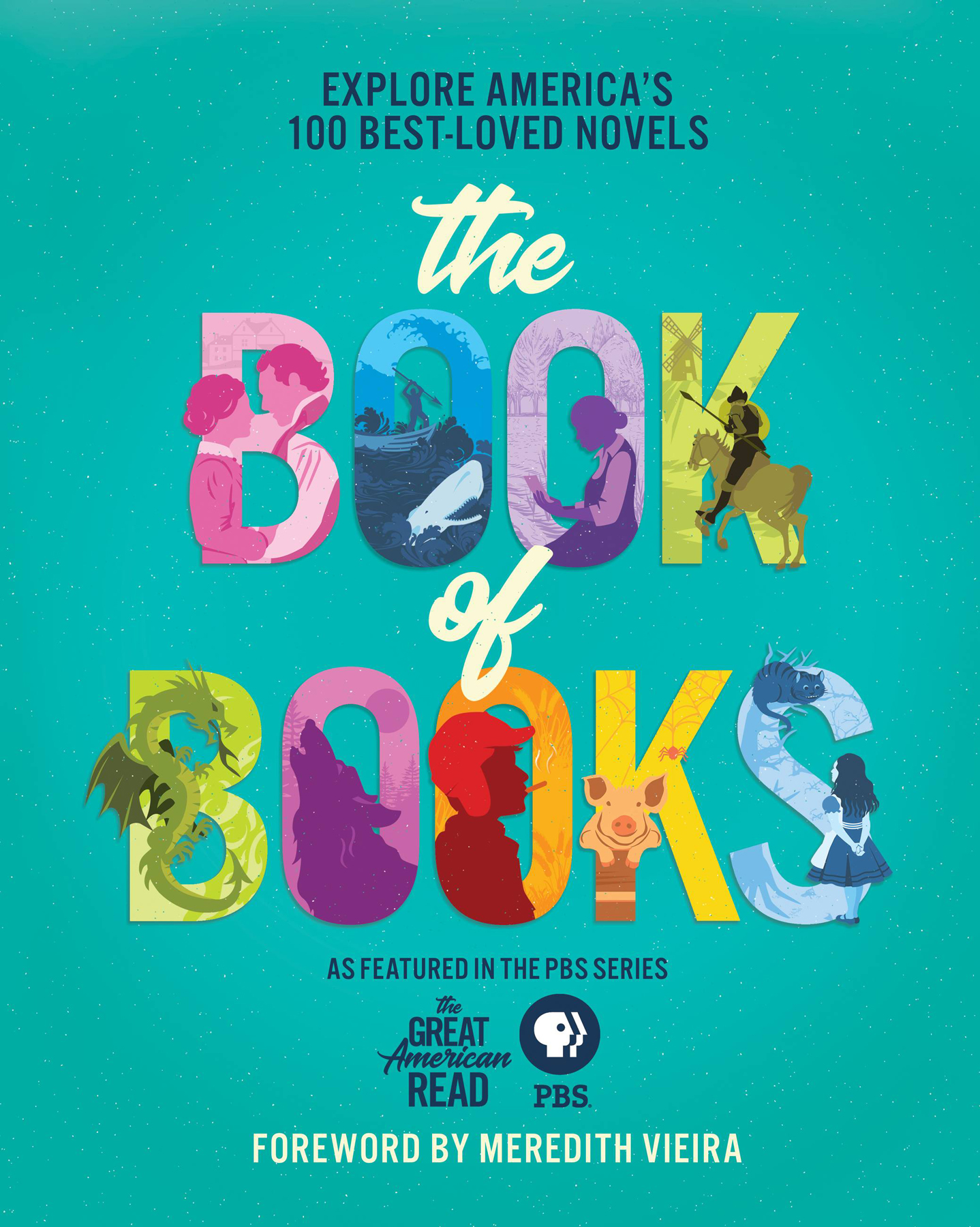Thank you for buying this ebook, published by HachetteDigital.
To receive special offers, bonus content, and news about ourlatest ebooks and apps, sign up for our newsletters.
Text copyright 2018 by Black Dog & Leventhal Publishers, an imprint of Perseus Books, LLC, a subsidiary of Hachette Book Group, Inc.
PBS materials, logos, marks and foreword copyright 2018 by Public Broadcasting Service.
Series materials copyright 2018 by Nutopia Limited
Print book interior design by Joanna Price
Jacket design 2018 SJI Associates for Public Broadcasting Service
Jacket design by Frances Soo Ping Chow
Jacket images Getty Images except for whale fishing (iStock.com/ilbusca); man in cap (Alexey_M/shutterstock.com); Alice in Wonderland (iStock.com/Andrew_Howe); and Don Quixote (clipart.com)
Jacket copyright 2018 by Hachette Book Group, Inc.
Hachette Book Group supports the right to free expression and the value of copyright. The purpose of copyright is to encourage writers and artists to produce the creative works that enrich our culture. The scanning, uploading, and distribution of this book without permission is a theft of the authors intellectual property. If you would like permission to use material from the book (other than for review purposes), please contact permissions@hbgusa.com. Thank you for your support of the authors rights.
Black Dog & Leventhal Publishers
Hachette Book Group
1290 Avenue of the Americas
New York, NY 10104
www.hachettebookgroup.com
www.blackdogandleventhal.com
First Edition: August 2018
The Black Dog & Leventhal Publishers name and logo are trademarks of Hachette Book Group, Inc.
The publisher is not responsible for websites (or their content) that are not owned by the publisher.
The Hachette Speakers Bureau provides a wide range of authors for speaking events. To find out more, go to www.HachetteSpeakersBureau.com or call (866) 376-6591.
LCCN: 2018941274
ISBNs: 978-0-316-41755-6 (hardcover); 978-0-316-41754-9 (ebook)
E3-20180728-JV-PC
DEAR FELLOW BOOK LOVER,
There are few things as satisfying and as long lasting as a beloved book. My favorite books have become the touchstones in my life; I remember where I was when they found me, why they spoke to me at that particular time, and how Id often passionately recommended them to my friends. Many of my favorites still sit on my bookshelves as a reminder of the wonderful experiences theyve brought to me. In quiet moments, I pull them from the shelves and revisit them like old friends.
With The Great American Read, PBS has set out to unite America around one powerful idea: What if we could forget for a moment all of the things that divide us and remember the ideas, the characters, the stories that make up our common thread? What if by celebrating our favorite books together, and by learning the unique history behind them, we could rediscover the joy the finest storytellers have brought us?
The book you are holding is an essential guide to this wonderful PBS initiative. Extensively researched, The Great American Read: The Book of Books includes summaries and the little-known backstories of every book and every author featured in the television series, giving you a fresh perspective on how each of Americas top one hundred novels fits into the fabric of our history, both in America and abroad. Best of all, you are likely to draft a new reading list of your own, either of books to revisit or to discover for the very first time.
As youll soon see, the list of top one hundred novels America has chosen is intriguing in its scopethe earliest of Americas favorites dates from 1605, and the latest is from 2016. The range of experiences the list captures is equally fascinating. From the sumptuous to the scandalous, from the toughest neighborhood to the grandest mansion, these stories are the mirror of our culture, never the arbiter, and as such they suggest to us who we have been as a culture and we may very well be now. They also span the range of our reading experience, from books we might have read as children to books we might have recently discovered.
Perhaps the most satisfying aspect of The Great American Read: The Book of Books is the history that surrounds both books and publishingthe stories behind the storyprovided by author Jessica Allen. Jessica and her team have delved deeply into publisher archives to bring you fascinating details about the books: little-known information about first editions, the stories behind famous books to film, several original author manuscripts, the day jobs of famous authors (did you know Harper Lee was an airline ticket agent and Diana Gabaldon was a science professor?), and more.
I hope youll join me and our friends at PBS in celebrating The Great American Read and that youll find The Book of Books as wonderfully entertaining as I have.
Meredith Vieira
M ore than 300,000 books were published in the United States last year. This number encompasses romances, mysteries, Pulitzer Prize winners, true crime, thrillers, literary fiction, natural science, travelogues, and religious tracts. Memoirs, essays, pop culture. The book destined to become someones best-loved, the book that turned a reluctant reader into a passionate one, the book that made a child want to become a writer. All of these, and so very many more, appeared on shelves and screens.
Even as television and social media compete for our attention, books remain. Indeed, they thrive. When I was a child, if my local library didnt stock a title, I didnt read it. Today we carry entire libraries around on a device no bigger than a paperback. We order titles published anywhere, to arrive on our doorstep within 24 hours. Its a glorious time to be a reader.
The technology behind this growth in accessibility is extraordinary, but so is the technology at the heart of reading itself. Reading began as listening, when our ancestors started telling tales to pass collective knowledge from one generation to the next. In time, this transmission begat writing, which furthered the capacity for progress and widened humanitys imaginative scope. The development of literacy has no serious competition as our species most significant achievement.
A few years ago I attended a talk given by artist Chuck Close. Speaking about the purpose and power of his materials, he noted, Even colored dirt can make you cry. So can black marks on a white page. We weep with sorrow, or joy. Our cares disappear, as do our surroundings, and we are transported, as if by some supernatural sleight of hand, into other times, minds, and placesall by reading. To remind yourself of the mystery of this process of comprehension and imagination, have a look at a book in a language you dont know. Youll instantly appreciate the tremendous power of what amounts to just a bunch of lines and circles.
Tell me a story, a little one begs, and we oblige. Like our prehistoric relatives, we continue to rely on narratives to entertain, to inform, and to instruct. Reading broadens our perspective. In a world fraught with conflict, where terrible news is always a click away, we can fall into a novel and find solace and hope. Writing the entries that constitute The Great American Read reminded me of the importance of reading to the development of civil societyin every sense of the word, from politeness at the post office to supporting a meaningful discussion of ideas and issues. Some books propose values or promote behaviors that I find less than praiseworthy, but I believe in not only the writers right to espouse said views but also the absolute necessity of engaging with outlooks with which we dont agree. Personal and intellectual growth comes from reading widely and deeply, as well as from developing a willingness to push past the comfortable into the utterly strange.


